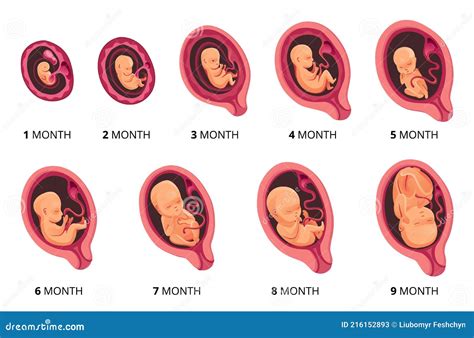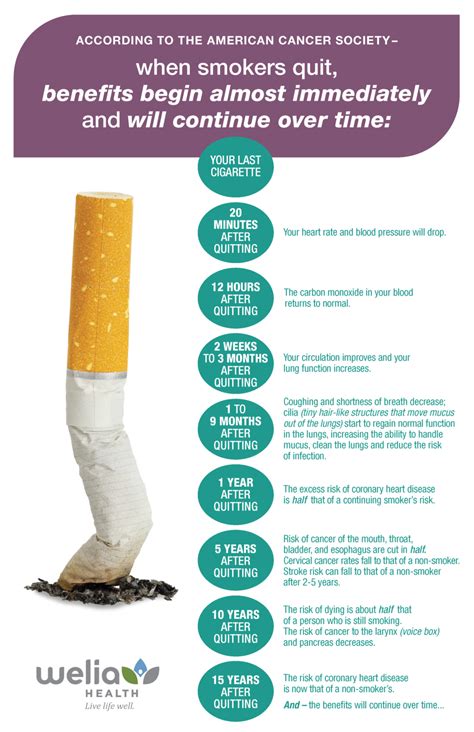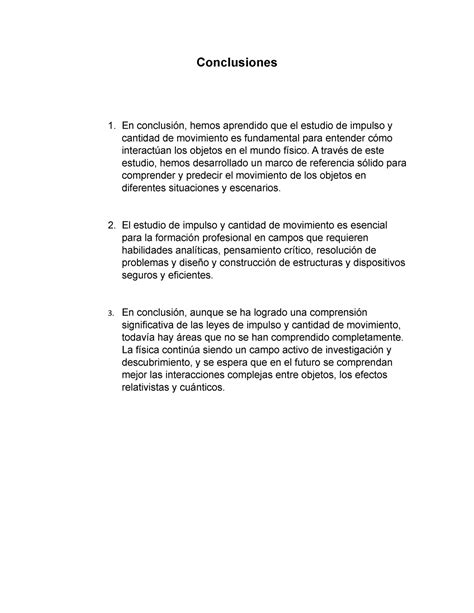Intro
Pregnant and smoking cigarettes poses serious risks, including miscarriage, stillbirth, and birth defects, due to nicotine and tobacco toxins affecting fetal development and maternal health.
Pregnancy is a critical period in a woman's life, and it's essential to prioritize health and well-being to ensure a safe and healthy delivery. One of the most significant risks to a pregnant woman and her unborn child is smoking cigarettes. Smoking during pregnancy can have severe and long-lasting consequences, affecting not only the mother but also the developing fetus. The risks associated with smoking and pregnancy are well-documented, and it's crucial for expectant mothers to understand the dangers of cigarette smoking.
Smoking cigarettes during pregnancy can increase the risk of various complications, including miscarriage, stillbirth, and premature birth. According to the Centers for Disease Control and Prevention (CDC), smoking during pregnancy is responsible for approximately 1,000 infant deaths each year in the United States. Furthermore, smoking can also affect fetal development, leading to low birth weight, birth defects, and an increased risk of sudden infant death syndrome (SIDS). The risks associated with smoking and pregnancy are not limited to the mother and child; they can also have long-term consequences, affecting the child's health and well-being throughout their life.
The importance of quitting smoking during pregnancy cannot be overstated. Quitting smoking can significantly reduce the risks associated with cigarette smoking, and it's essential for expectant mothers to seek help and support to overcome nicotine addiction. Healthcare providers play a crucial role in educating pregnant women about the risks of smoking and providing resources to help them quit. By understanding the risks and taking proactive steps to quit smoking, pregnant women can ensure a healthy pregnancy and a safe delivery.
Introduction to Smoking and Pregnancy

Risks of Smoking During Pregnancy
The risks associated with smoking and pregnancy are numerous and can have severe consequences. Some of the most significant risks include: * Miscarriage: Smoking during pregnancy can increase the risk of miscarriage, which can be devastating for expectant mothers. * Stillbirth: Smoking can also increase the risk of stillbirth, which is the death of a baby after 20 weeks of gestation. * Premature birth: Smoking can cause premature birth, which can lead to various health complications for the baby. * Low birth weight: Smoking can affect fetal development, leading to low birth weight, which can increase the risk of health complications for the baby. * Birth defects: Smoking can increase the risk of birth defects, including heart defects, cleft palate, and other congenital anomalies.Effects of Smoking on Fetal Development

Benefits of Quitting Smoking During Pregnancy
Quitting smoking during pregnancy can have numerous benefits for both the mother and the baby. Some of the benefits of quitting smoking include: * Reduced risk of miscarriage: Quitting smoking can reduce the risk of miscarriage, which can be devastating for expectant mothers. * Reduced risk of stillbirth: Quitting smoking can also reduce the risk of stillbirth, which is the death of a baby after 20 weeks of gestation. * Reduced risk of premature birth: Quitting smoking can reduce the risk of premature birth, which can lead to various health complications for the baby. * Improved fetal development: Quitting smoking can improve fetal development, leading to a healthier baby and reduced risk of health complications.Strategies for Quitting Smoking During Pregnancy

Resources for Quitting Smoking During Pregnancy
There are numerous resources available to help expectant mothers quit smoking. Some of these resources include: * National quitlines: National quitlines can provide expectant mothers with free and confidential support and guidance. * Online resources: Online resources such as websites and mobile apps can provide expectant mothers with information and support to help them quit smoking. * Healthcare providers: Healthcare providers can provide expectant mothers with guidance and support to help them quit smoking. * Support groups: Support groups can provide expectant mothers with a sense of community and connection, which can be essential for quitting smoking.Conclusion and Next Steps

To take the next step, expectant mothers can start by talking to their healthcare provider about quitting smoking. They can also reach out to national quitlines, online resources, and support groups for guidance and support. By working together, we can reduce the risks associated with smoking and pregnancy and ensure a healthy and safe delivery for all.
What are the risks of smoking during pregnancy?
+Smoking during pregnancy can increase the risk of miscarriage, stillbirth, and premature birth. It can also affect fetal development, leading to low birth weight, birth defects, and an increased risk of SIDS.
How can I quit smoking during pregnancy?
+Quitting smoking during pregnancy can be challenging, but it's essential for expectant mothers to seek help and support. Strategies for quitting smoking include counseling, nicotine replacement therapy, support groups, and medications.
What resources are available to help me quit smoking during pregnancy?
+There are numerous resources available to help expectant mothers quit smoking, including national quitlines, online resources, healthcare providers, and support groups.
We hope this article has provided you with valuable information about the risks of smoking during pregnancy and the benefits of quitting. If you have any further questions or concerns, please don't hesitate to reach out. We encourage you to share this article with friends and family members who may be struggling with nicotine addiction during pregnancy. Together, we can make a difference and ensure a healthy and safe delivery for all.
